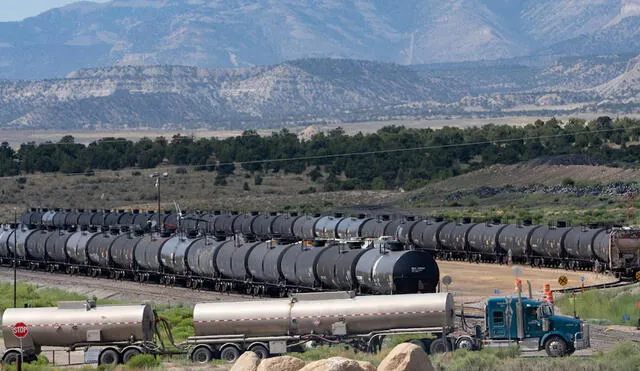Supreme Court approved limited environmental reviews on railroad project in Utah
The authority finds that the environmental studies are burdensome and does not require assessing the long-term impacts.

The Supreme Court ruled in favor of business interests in Utah. The environmental studies, according to the court, are burdensome and gave an impulse to a planned 88-mile railroad project that will transport crude oil in the state. The route will cross some historic rail from Grand Junction to Moffat Tunnel.
The Seven County Infrastructure Coalition, an alliance of Utah counties, is supporting the project. The court ruled that consideration of broader downstream impacts of the railroad is not necessary under federal law. The case has faced criticism for slowing major projects in the country.
Conservative court vote was unanimous
The 8-0 decision comes after an appeal to the high court from backers of the project. The railroad aims to improve oil production in that area of the state, which is considered remote and covered by sandstone and sagebrush. There were three liberal justices who differed on the reasoning but they could not stop the court order.
Justice Brett Kavanaugh said that some other federal judges wrongly applied the National Environmental Policy Act (NEPA). Kavanaugh said that it allowed challenges to major project development. According to him: "NEPA has transformed from a modest procedural requirement into a blunt and haphazard tool employed by project opponents."

ustice Brett Kavanaugh said that NEPA is slowing the development of major projects in the US. Photo: Euronews
Environmental groups challenge the decision
For the conservatives judges, NEPA was slowing their projects, but groups that protect the environment challenge his statements. Sam Sankar, a lawyer at Earthjustice, said that it is an unacceptable precedent that says federal agencies should "look before they leap when approving projects that could harm communities and the environment."
Eagle County lawyers, in Colorado, led the project opposition, claiming that downstream effects will affect them. Although the coalition won at the Supreme Court, the project must pass a review by the federal Surface Transportation Board before it starts, which is currently being approved.













